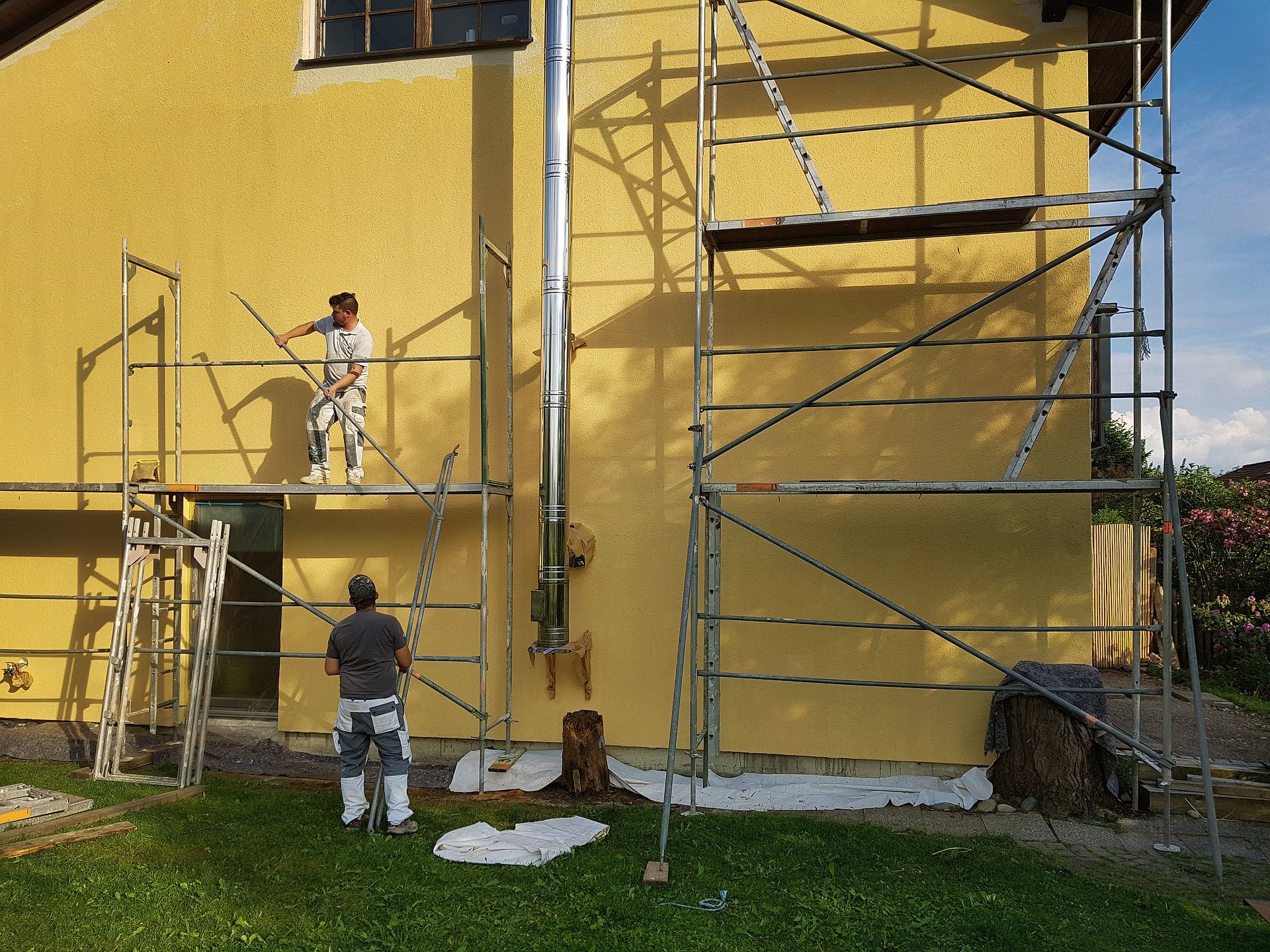What to Expect When Buying a Fixer-Upper
Buying a fixer-upper isn’t for the faint of heart. However, for many first-time home buyers, it’s the ideal way to get into the market. Before jumping into it, make sure you’re familiar with the buying process and what to expect when renovating. These tips will help you get prepared to take on your fixer-upper project the right way.
What to Expect When Buying
The average sale price for a home in Bellevue is $945,000, but a fixer-upper can often be purchased for less. When you start searching for fixer-upper properties in your area, keep these key points in mind:
- Budgeting Basics: Your budget needs to factor in the cost of repairs along with the potential resale price once the home is all fixed up. You don’t want to offer more than you can expect to recoup when selling. It’s also crucial to consider how you will fund the renovations. Apartment Therapy recommends looking into renovation loans, which could help you finance the renovations and home purchase with a single mortgage.
Kari Haas team member Darren Costa is a mortgage industry expert, including Limited 203(k) loan programs. Darren and the rest of the team will help guide you along the right path for your project!
- Choose Projects Wisely: When looking at potential properties for your fixer-upper, it’s important to assess how much of what you will need to do is cosmetic and how much is structural. Cosmetic changes will be least costly, whereas larger structural issues can add up quickly. Getting a home inspection is essential to making sure you know what to expect, and this will help you determine whether your renovations are likely to pay off. The national average cost of hiring a home inspector is $244 – $421. In the greater Seattle area, the price can range from $300-$600.
How to Tackle the Project
Buying a house that needs to be overhauled can be overwhelming. Avoid getting bogged down in frustration by creating a list of everything you want or need to do and then prioritizing projects.
The Kari Haas team is experienced in contracting and construction. Whatever your goals are, the Kari Haas team will be your best sounding board to help you make sure you’re set up for success.
- Be Prepared With the Right Tools: The most cost effective way to tackle a fixer-upper is to do the work yourself. Even if you’re starting from scratch, it will be well worth investing in the right power tools. Consult a list of essential tools for DIY, such as this one from Fine Homebuilding. A few essentials include a drill, sander, and jigsaw, along with a basic toolbox and ladder.
- Start With Structural Changes: If you need to make any structural changes or the exterior needs work, prioritize those projects first. Otherwise, you may end up undoing some of the cosmetic work you’ve done inside.
- What Makes the Most Sense? Even if you have projects that you really want to put on the top of your list, focus on what makes the most sense to do first. You may be tempted to rip down some particularly ugly wallpaper, but if you’re planning on moving furniture in and living there through construction, it may make the most sense to install flooring first.
- Make Your Space Livable: Along the same lines, prioritize one or two projects that are necessary to make your home livable. If you don’t want to live on takeout, that might mean a kitchen renovation comes first.
Stay or Sell?
After all the work is done, how do you know if selling is the way to go? If you have kept costs low by doing a good bit of the work yourself, you have a greater chance of being able to sell for a profit. Then you have the question of whether your fixer-upper makes enough money to buy a home you want to live in. Or maybe it would make a great vacation rental for long-term income! You may also fall in love with your “new” home and decide you want to stay. When someone buys a house to flip, they typically renovate to appeal to a wide range of buyers rather than to their own tastes, so think about your end goal.
You don’t have to figure everything out beforehand, but you don’t want to go into this process blindly either. Be sure to do your research and work with an experienced real estate agent who can guide you. If you’re up for the task, buying a fixer-upper has rewards that you will enjoy for years to come, whether you decide to flip or end up with your dream home.
Call Kari Haas TODAY to get started on your project, or just brainstorm!
206-719-2224
Photo credit: Pixabay
This post was originally submitted by Erin Reynolds and has been edited by the Kari Haas Team. Erin Reynolds is the creator of DIYMama.net, which provides resources to help others with home improvement projects and repairs.
 Facebook
Facebook
 Twitter
Twitter
 Pinterest
Pinterest
 Copy Link
Copy Link

